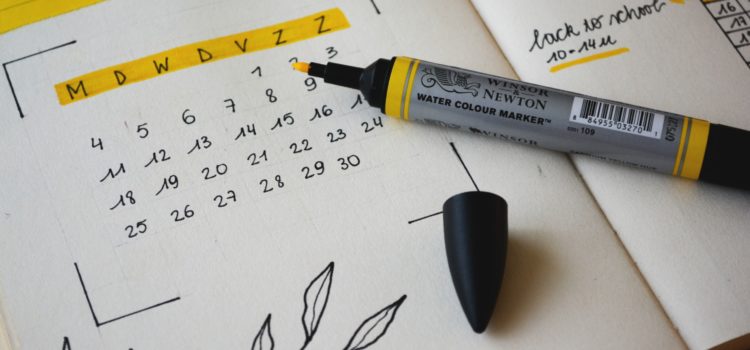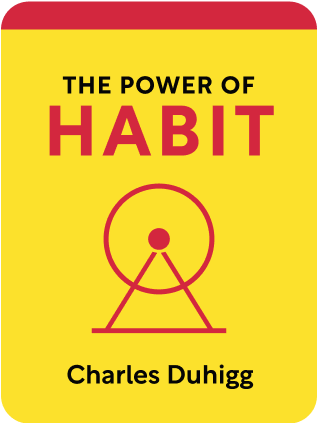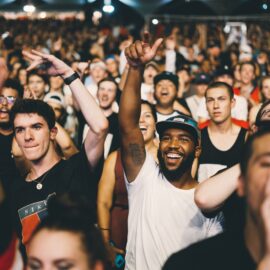

This article is an excerpt from the Shortform book guide to "The Power of Habit" by Charles Duhigg. Shortform has the world's best summaries and analyses of books you should be reading.
Like this article? Sign up for a free trial here .
What is habit memory? Can you still form habits if you can’t form memories?
Habit memory is the idea that habits are formed partly through memorization. This isn’t necessarily true. You can learn and memorize new things, but it’s still possible to form habits without memorization.
Read more about habit memory and how it works.
Habit Memory: The Man With No Memory Who Still Formed Habits
You might think habits are the same as memory, but they’re actually distinct processes in the brain. In this case, habit memory, isn’t really the way to form habits. Researchers believe habits are formed and stored in the basal ganglia, part of the more “primitive” low-level part of the brain. Even people who are incapable of forming new memories can learn new habits. Here’s why habit memory doesn’t actually depend on memory at all.
In the 2000’s, a patient named Eugene had a disease that destroyed a major part of his brain dealing with memory. He had anterograde amnesia – he was incapable of forming new memories (like in the movie Memento). He’d introduce himself to people dozens of times in a day, and every day seemed entirely new to him.
But surprisingly, Eugene was able to form new habits. He could take walks by himself around the block and get back home, even though he wasn’t able to draw a map of the houses on his block. He could find his way to the bathroom, even though he couldn’t consciously point out which door led to the bathroom.
He could even “learn” simple memory games. A researcher would give him two different colored objects, one of them marked with “correct” on the bottom. He was asked to choose one object and turn it over to see if it was the “correct object.” A person with intact memory would only need one try to learn what the correct object was. Eugene didn’t have a memory, so he was slower – but eventually over dozens of trials he was able to habitually get it right anyway, to a 95% degree of accuracy. He never consciously remembered ever doing the experiment, and he couldn’t explain why he was choosing the correct object.
How could Eugene do all this without memory? They were habits, formed in a different part of the brain. For the memory game, being presented with the objects was his cue. He then executed the routine of flipping over the correct object. He then got the reward of pleasure of picking the right object. Subconsciously, this had been baked into his brain, without his ever articulating why he was doing what he was doing.
But habits are also delicate and can be changed. For Eugene above, if the cues were taken away, his habits would fail. On his daily walks, if a storm had blown leaves all over the sidewalk or a house was undergoing construction – Eugene would get lost. Habit memory is not the reliable way to form habits.
Why Do Habit Loops Matter?
Habit loops are made of cue, routine, and reward. They start as a conscious decision, but ultimately the loop can reinforce itself. Over time, you may end up losing full control over your behavior – with a cue, your brain goes into autopilot and executes the routine.
The good news is that by consciously recognizing your cues and rewards, you can combat your habits. Habits are not dependent on habit memory.

———End of Preview———
Like what you just read? Read the rest of the world's best book summary and analysis of Charles Duhigg's "The Power of Habit" at Shortform .
Here's what you'll find in our full The Power of Habit summary :
- The 3 steps to change your habits
- Why habits are at the root of success in football
- How social movements are just an expansion of habits from individuals to communities






